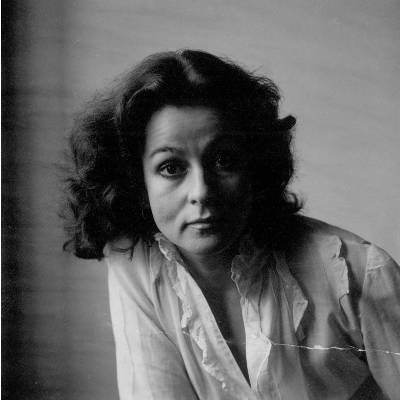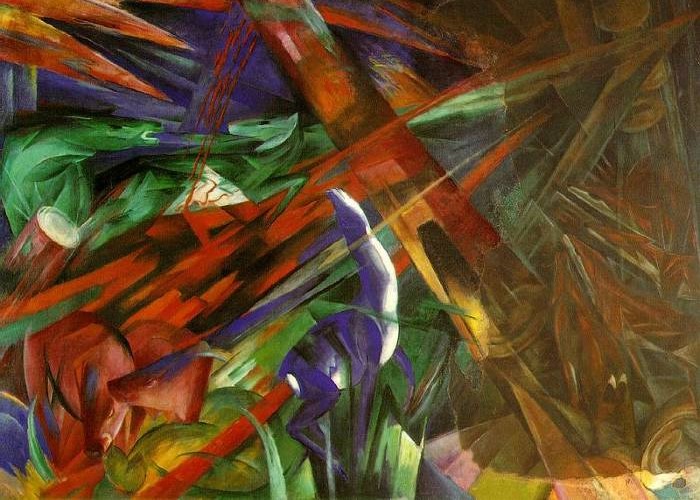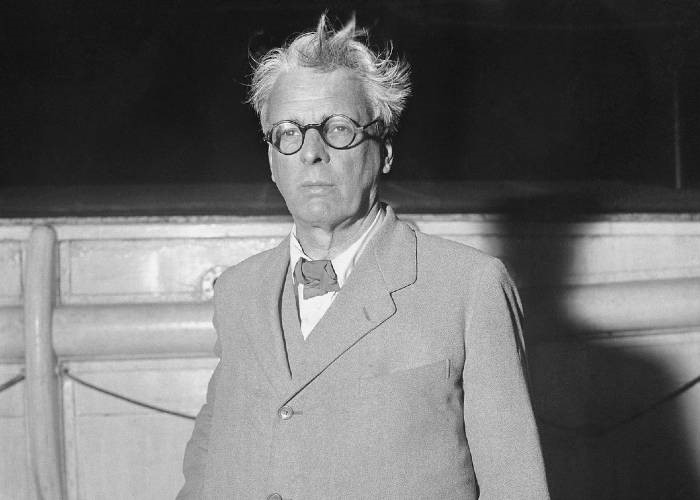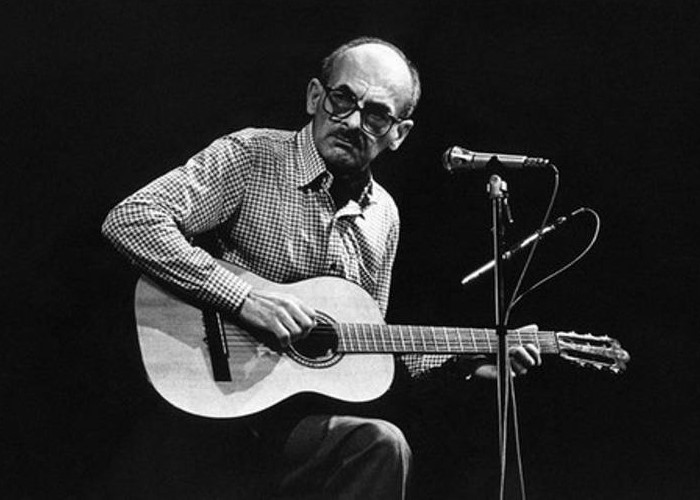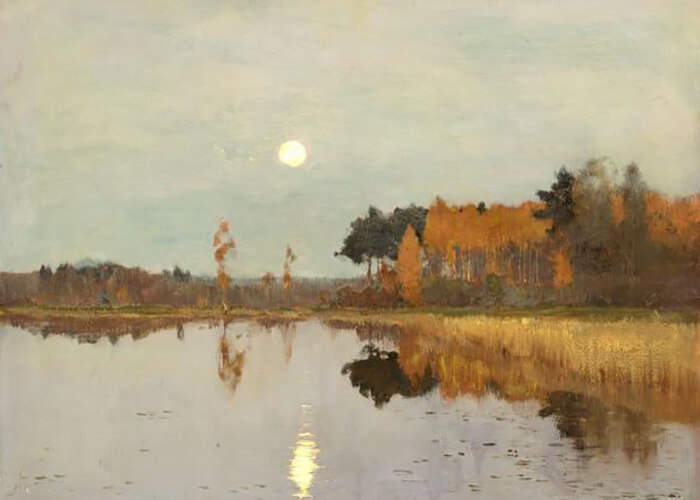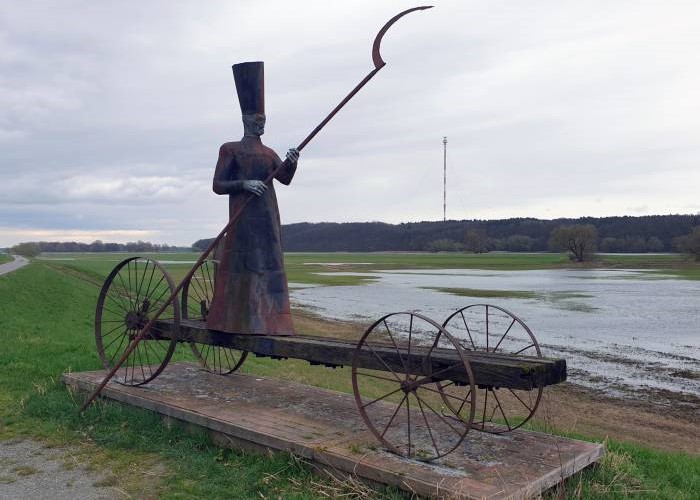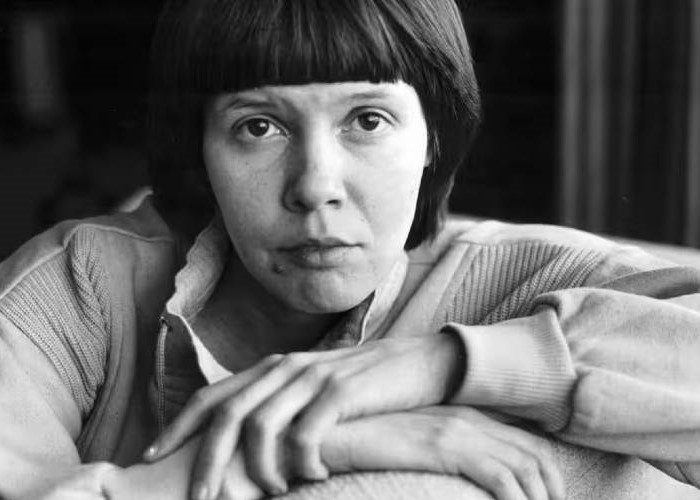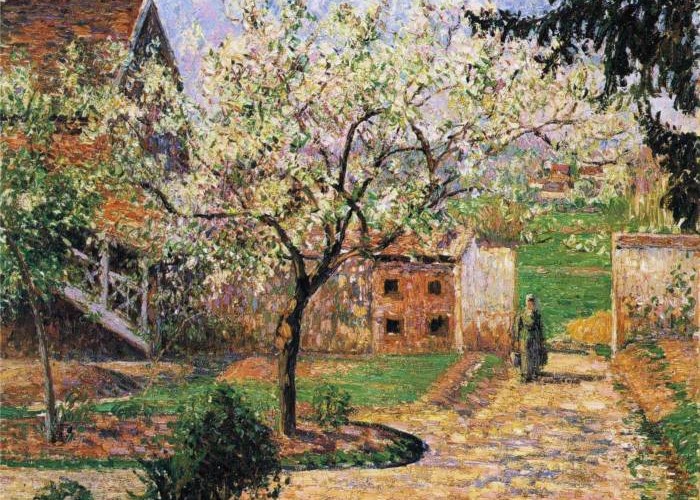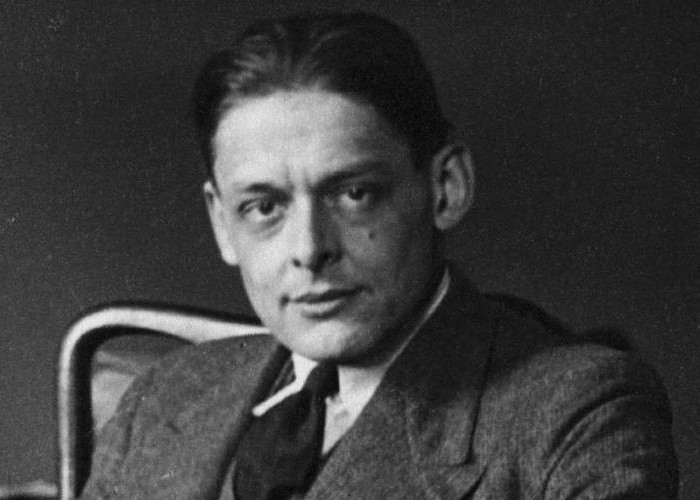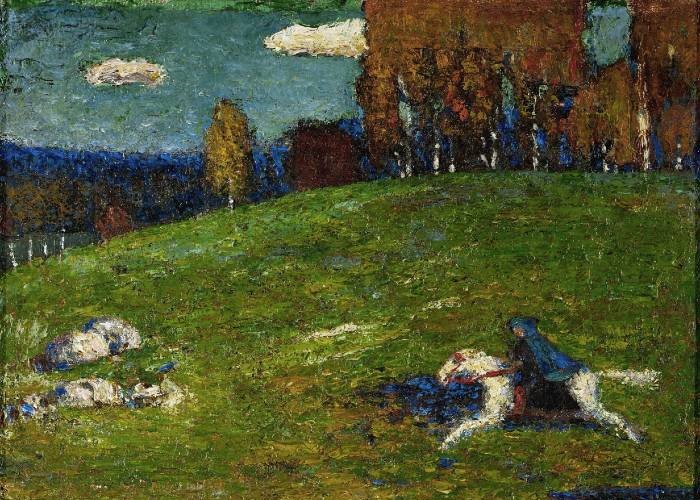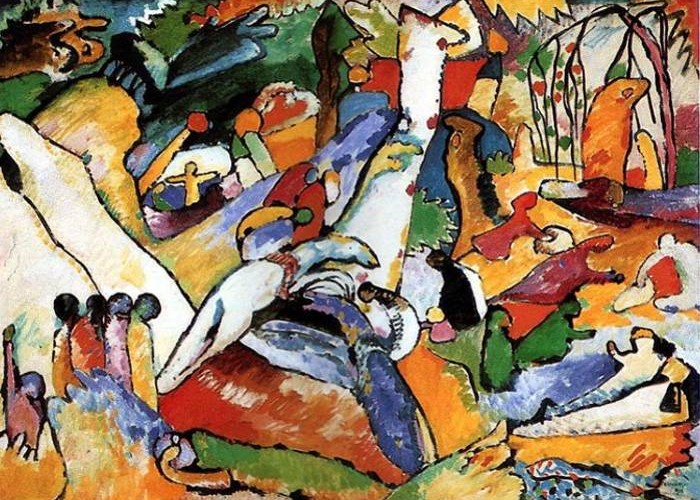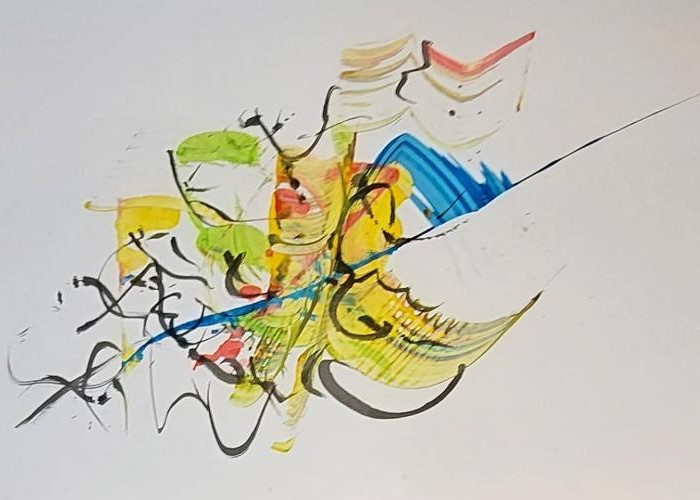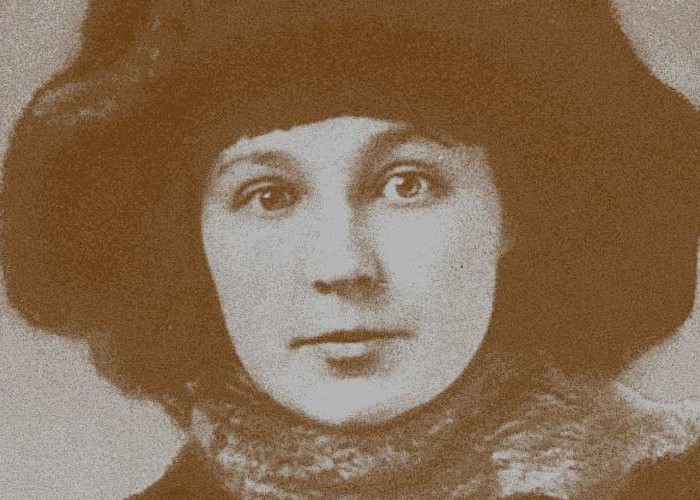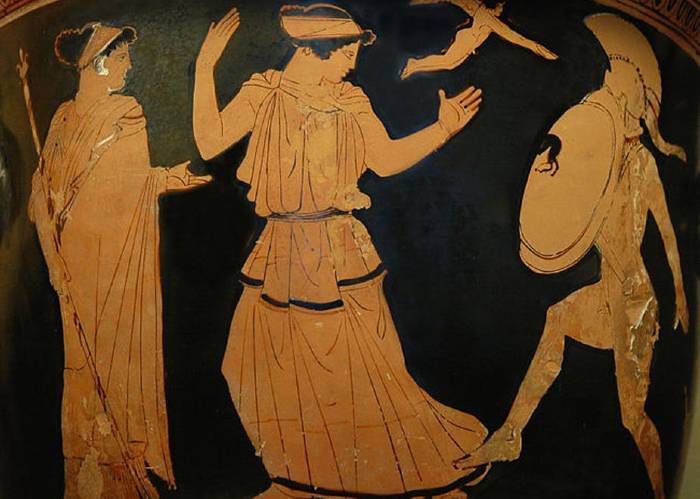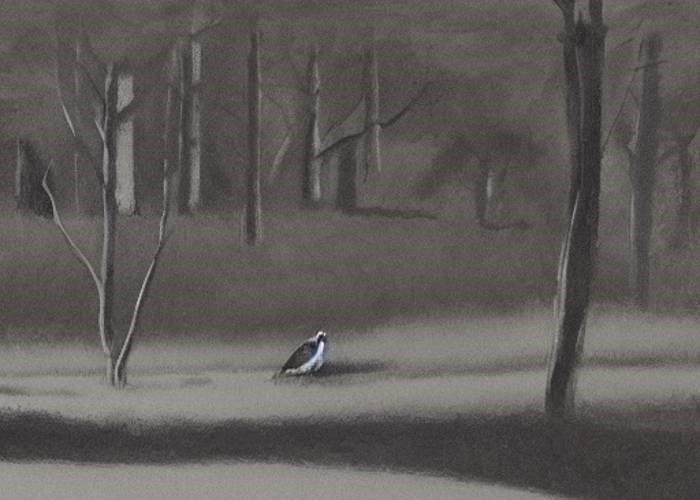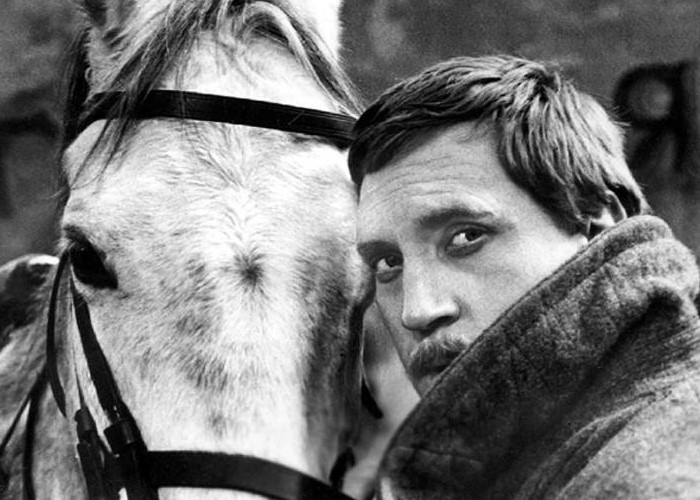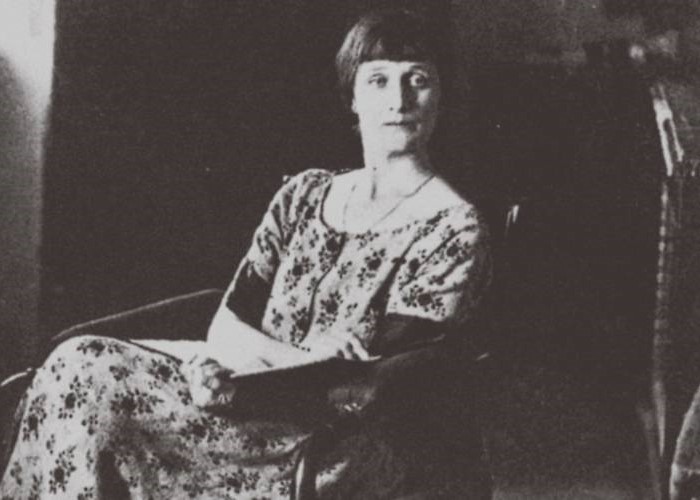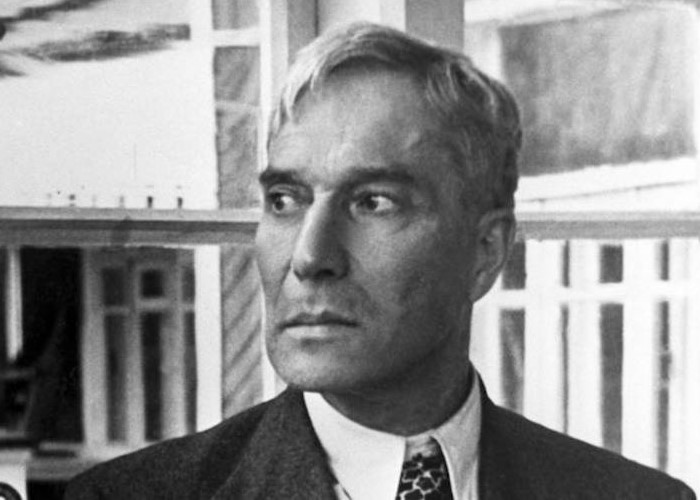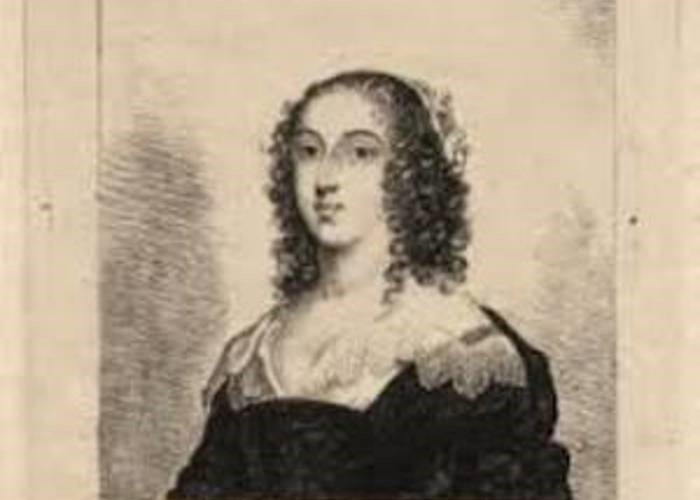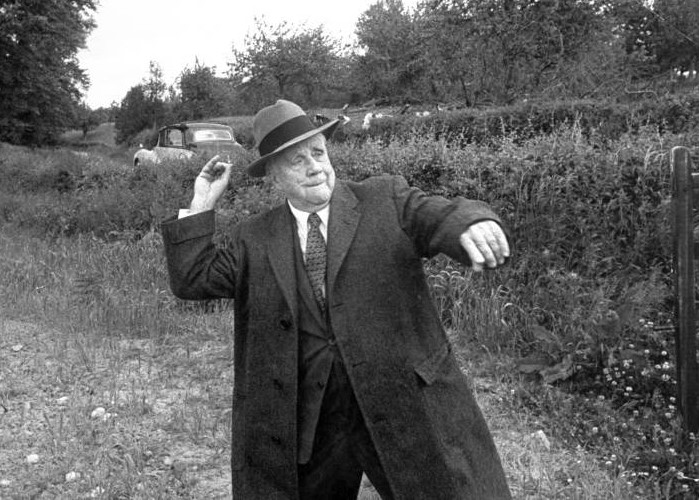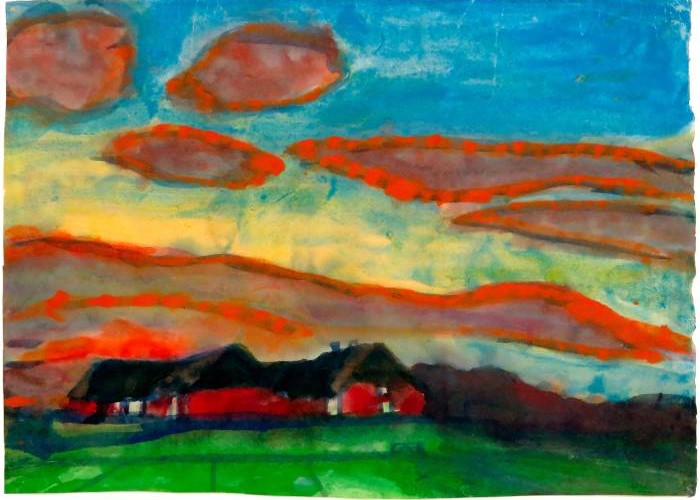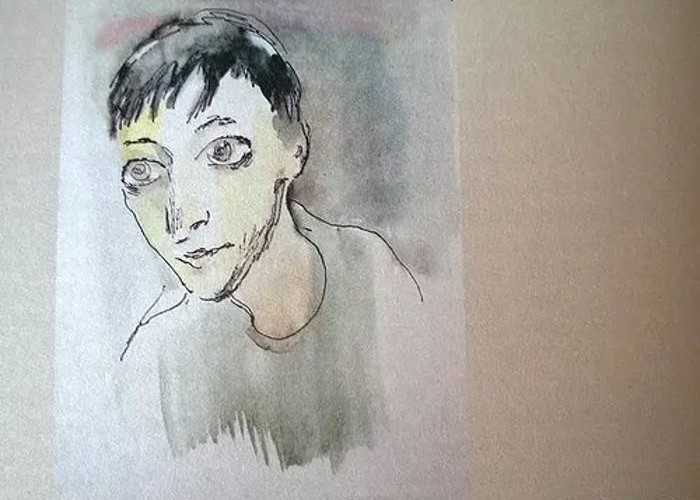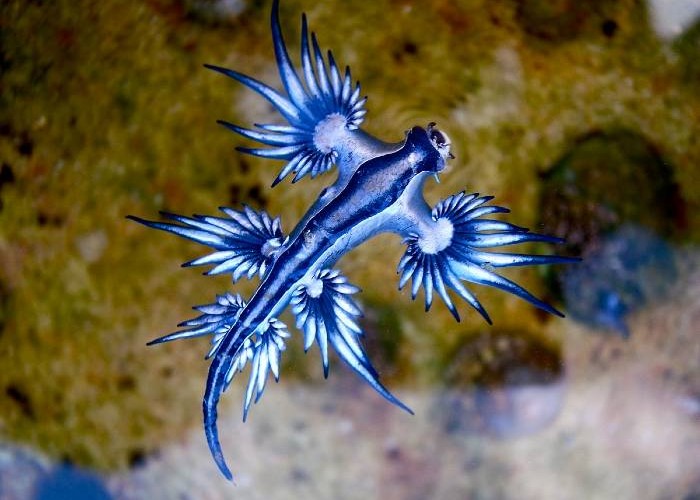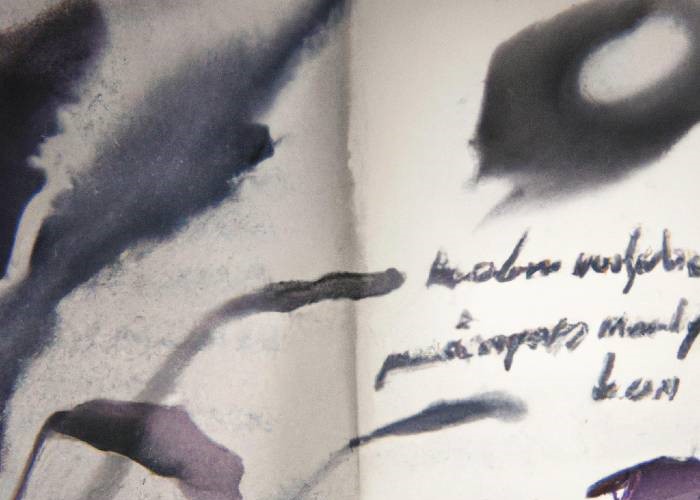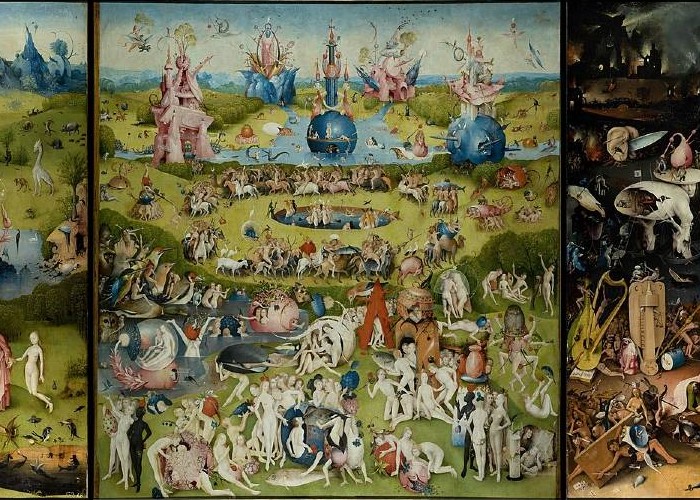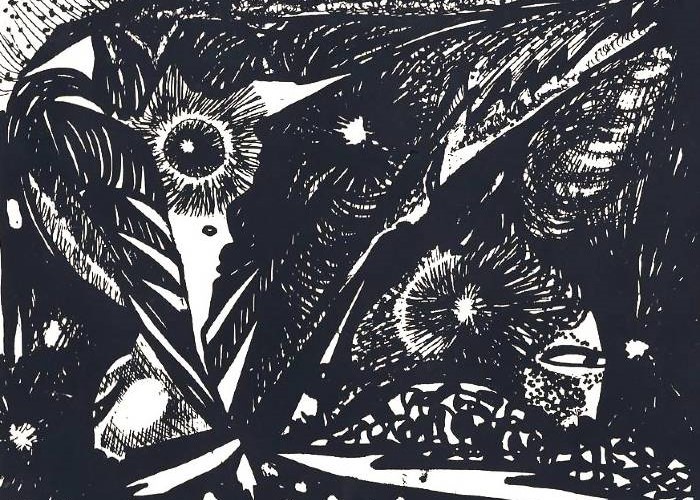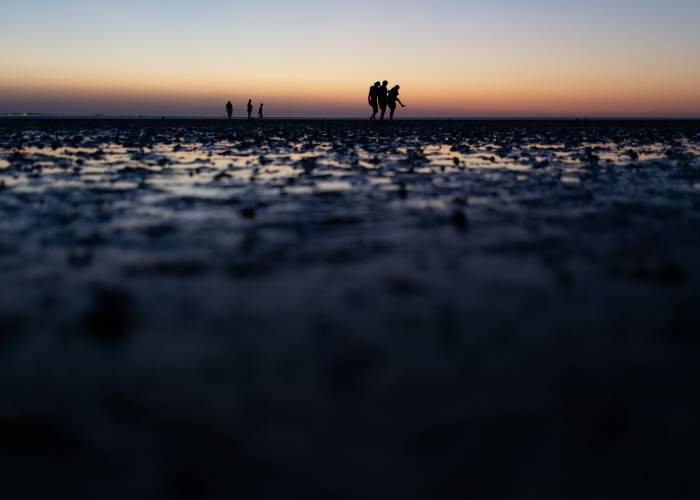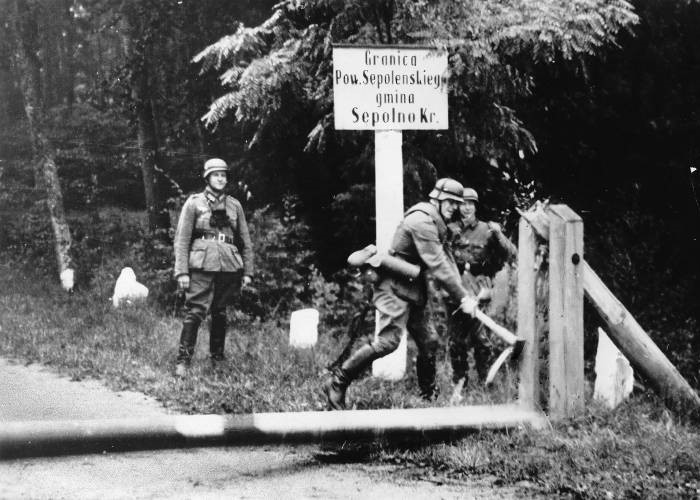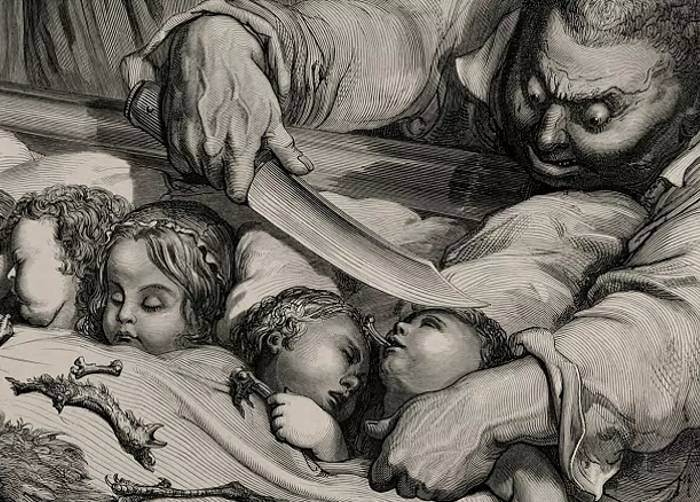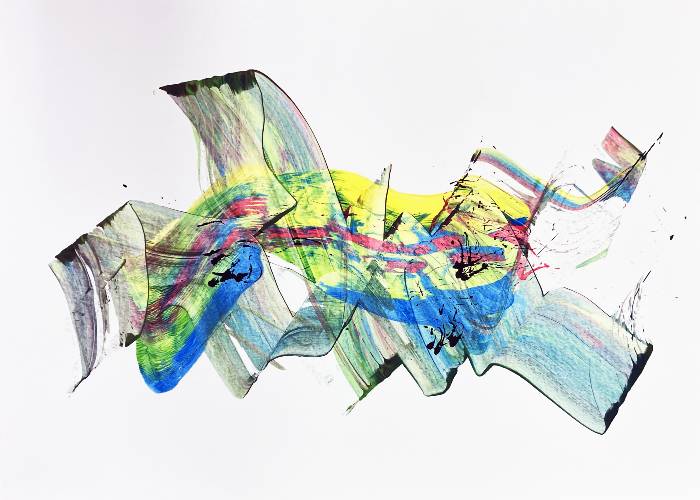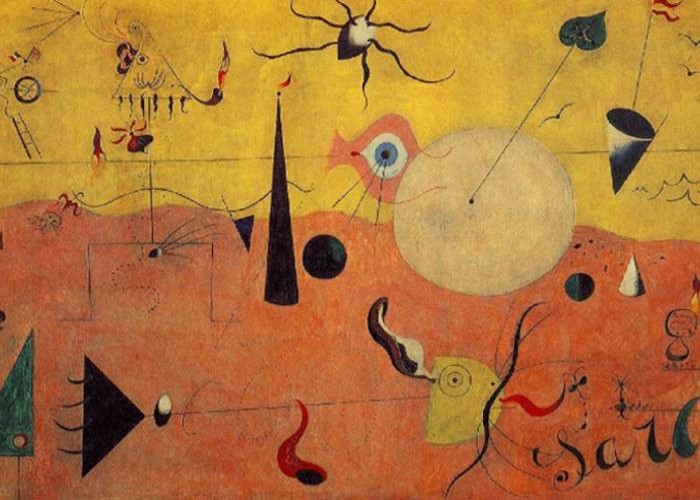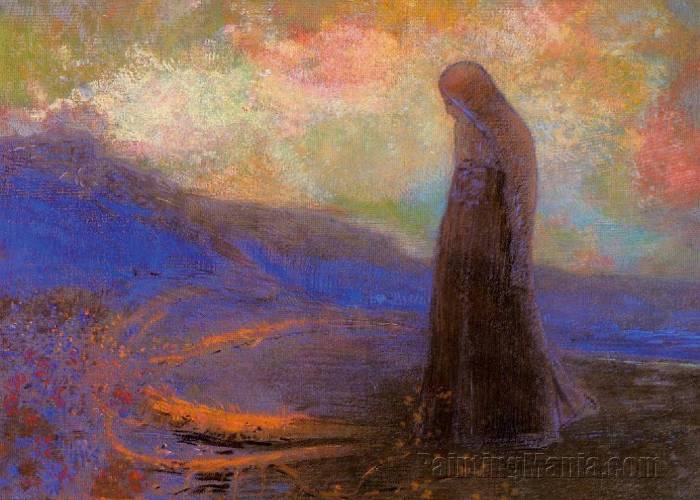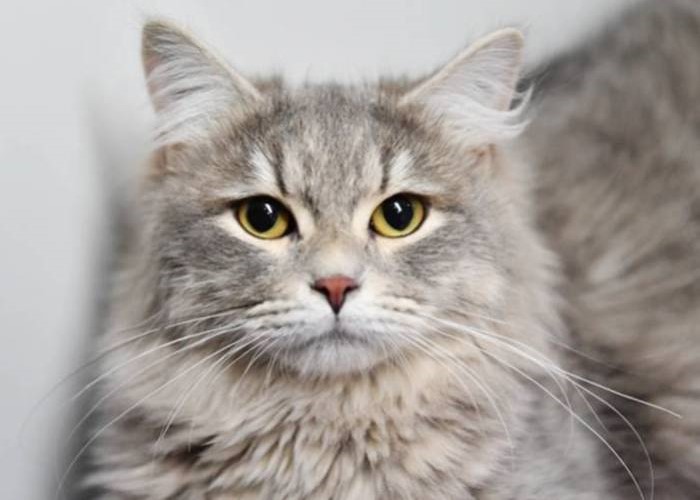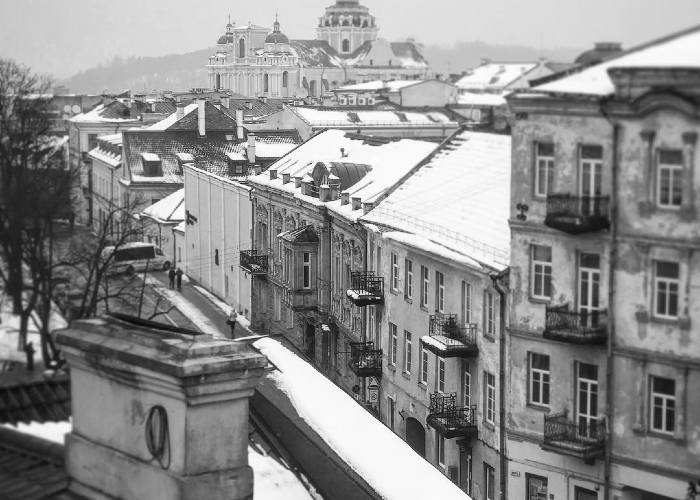VILNIUS—DOES IT EXIST?
Inspired by “To Go to Lvov” by Adam Zagajewski
When I walk the streets of Vilnius
I search for daydreams,
for what’s no longer,
not for Proust’s madeleines
but for my mother in her blue
polka-dot dress
making strawberry jam
in the kitchen
I’m tasting the pink foam from a spoon.
Windows open into the courtyard
with old storage sheds,
no foreign, or any, cars parked there.
The Tolerance Museum is still a movie theater—
Pionierius—
the city had more movie theaters then
than open churches.
Our neighbor, a theater seamstress,
is making a plaid pleated dress for me
on her foot-pedaled Singer machine,
Father playing chess until dawn with
Sinioras, the journalist from
Literatūra ir menas.
At the park across the street from
Kronika, old women in babushkas
sell bouquets of blue cornflowers
and blood-red and purple mums.
It’s July and dry shells with seeds
are already covering paths
between old linden trees.
I am still fourteen;
we have not moved to Antakalnis yet
from the tiny apartment on Pylimo,
but now we have a gas-heated
bathroom,
a new tub installed by my parents.
Last year, when I’d shown the house
where I grew up to my son,
a man in a wife-beater was stripping
the floors in my parents’ living room
the view of old Vilnius from the seamstress’s
little room was as magical as it was
when I was six
the door to the bathroom was open
and the old gas heater installed by my parents
was still there,
looking antique.
